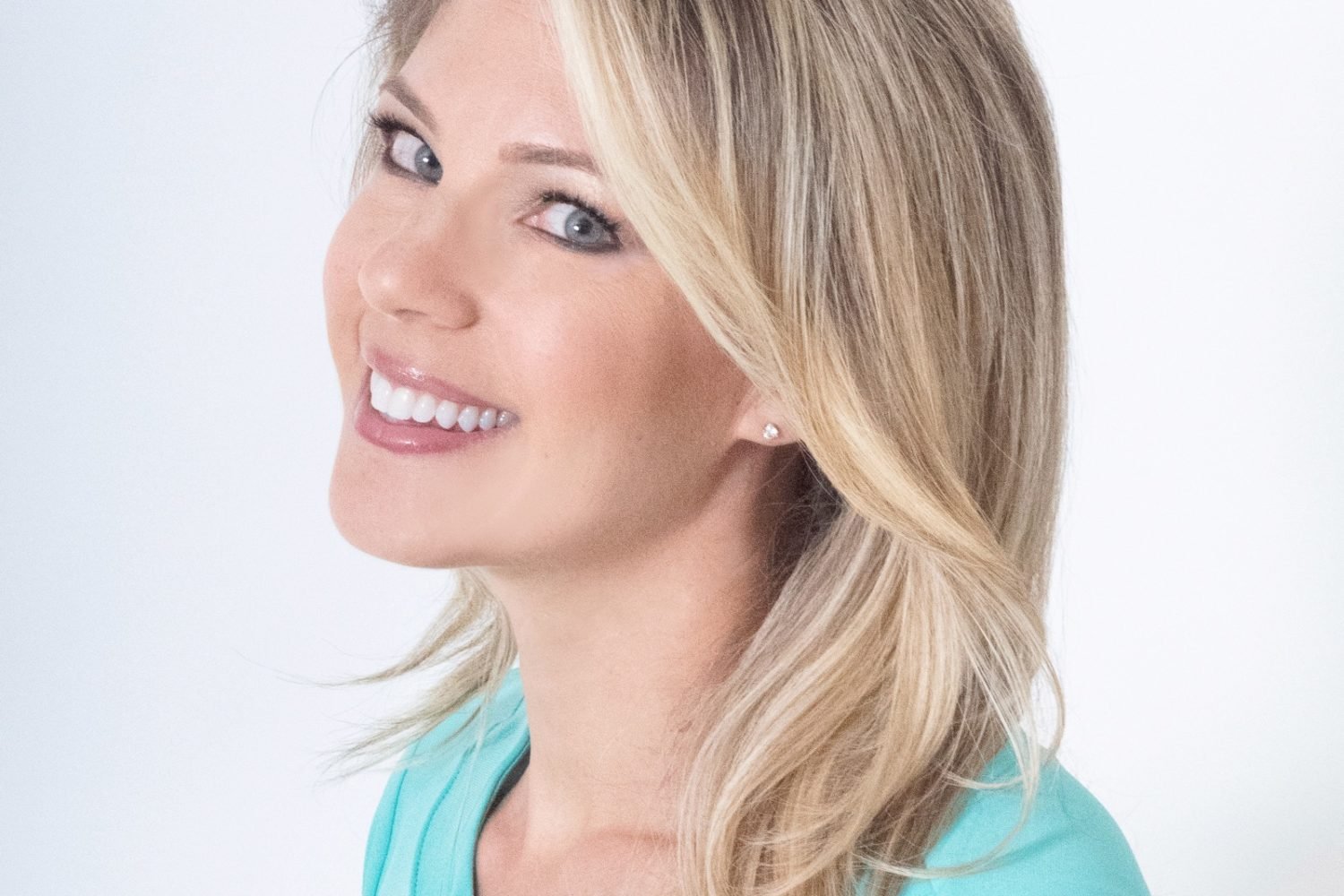Who says “back to school” is just for kids? If you’ve ever dreamed of a different career, hitting the books—either part-time or full-time—might be the way to make it happen. And after some time in the working world, your passion and maturity might be just what employers are looking for.
Many twentysomethings leave Washington each August for graduate school. But age doesn’t matter. You can learn a fresh skill and enter a new line of work or start volunteering at any stage of life. Read on for tales of some who did.
Leaving the Law for a Higher Authority
Sometimes a calling comes not from the earth but from the heavens.
For three decades, Virginia Theological Seminary in Alexandria has offered noncredit courses in its Evening School of Theology (703-461-1752; vts.edu/education/events). Seminars range from “Does God Suffer?” to “Religious Imagination in the American South,” which focuses on fiction. Bible courses usually have a waiting list.
Students who take six classes can get a certificate in theological studies. Although program coordinator Katie Lasseron says it was intended as “a nonacademic adventure,” some 15 to 20 students have gone on to enroll in the seminary.
In Washington, Lasseron says, “people are so highly educated but so narrowly focused” that it’s nice to discuss the human condition after hours. “Spiritual discernment appeals to people in their forties. For many, it’s a way of putting their toe in the water to explore a new way in life.”
That’s what drove Tom Frost, a lawyer since 1979, to check out Wesley Theological Seminary, a graduate school affiliated with the United Methodist Church. In 2004 he talked with his boss at Mills Corporation, where he was general counsel, about making a transition away from business.
“When you’re in a position like this at a big corporation, you need to figure on it taking some time,” Frost says. “I had an obligation to my employer.” Theological classes he explored would count toward a degree program; last fall, having left his job, he formally enrolled for a master-of-divinity degree.
“I’d always planned on spending the last portion of my career doing some sort of charitable or philanthropic work, and I’m grateful to Wesley for providing that path,” says Frost, who waited until his children finished high school to commit to it. “My future could be church-affiliated or something in the nonprofit world, but I’m leaning toward full-time ministry with ordination in the United Methodist Church.”
“There’s no doctrinal checklist” to attend Wesley, says admissions director Chip Aldridge. “We don’t say, ‘You must believe A, B, and C to take classes here.’ ” After United Methodist and AME, students most often come from Baptist, Episcopalian, and Unitarian-Universalist backgrounds.
Wesley, next door to American University, offers noncredit classes, a master of arts and master of theological studies (each requiring 60 semester hours), and a master of divinity (90 semester hours). For details, call 202-885-8659 or see wesleyseminary.edu.
From Crunching Numbers to Digging Dirt
After nearly two decades in financial services in New York City, Janis Moran decided she wanted to be closer to her family in Washington. Changing hometowns would be an upheaval; she hadn’t planned on changing careers at the same time.
Moran had done strategic planning on the retail end of the stock business for Merrill Lynch. “I was paid well,” she says, “but there wasn’t a lot of job satisfaction in producing those large reports.” She arranged to be a consultant for Merrill Lynch after her move here in 1999. Then the stock market went down.
“Plants, trees, and horticulture always interested me,” Moran says. She began working at Behnke Nurseries—moving from customer service to the tree section, advising customers and loading trucks—and took master-gardener classes through the University of Maryland Cooperative Extension in Derwood. Steve Dubik, who teaches those courses, runs the landscape-technology program at Montgomery College in Germantown. Moran enrolled there, too.
The college offers classes, a certificate, or a two-year degree. The certificate, which attracts many career changers, covers everything from design to managing pests, turf grass, water gardens, and greenhouses. Alumni have gone on to work at arboretums, historic estates, and their own design businesses.
When a paid gardening internship came up at Wheaton’s Brookside Gardens in 2005, Moran says it was a dream come true. She was responsible for designing, planting, and maintaining the conservatory area—the woodland and butterfly walk, the rock garden. She extended the internship for a year and will stay on into fall to work on a butterfly show.
Meanwhile, she’s been finishing her final Montgomery College project—revitalizing a memorial garden in Annapolis. Assuming the results are approved, she hopes to get her certificate by the end of September. “It’s hard to be considered for anything higher-level without all that knowledge,” Moran says.
Visiting New Zealand once, she saw where bungee jumping is said to have originated: “From that I learned that if you’re going to do something that might be scary, look out instead of down—and go on ‘one,’ not on ‘three.’ I didn’t want to be one of those people stuck in a job. Here I get thanked multiple times a day and love what I do.”
For details on Montgomery College’s landscape-technology program, call 240-567-7803 or see montgomerycollege.edu/curricula/descriptions/cdlandtech.htm.
Cruising to New Horizons
Like many people who’ve enjoyed a cruise or two, Sharon Mills of Arlington thought, “What a life. I’d like to lead tours on cruises myself.” Unlike many people, she enrolled at Northern Virginia Community College, which offers courses to help adults do just that.
“I knew I couldn’t just retire and stay home,” says the longtime legal secretary and military wife. So she’s been taking a class or two a year in NVCC’s travel-and-tourism program, part of the Annandale campus’s business division, aiming to win her certificate in January. After starting with an overview course on the industry, she moved on to geography, cruises, tour-guiding, and transportation—“I call it trains, planes, and automobiles,” though it also covers buses and ships.
“School has reawakened me,” says Mills, 61. “My favorite part is the variety of students—all ages from all over the world.” She’s also gained a lot from guest speakers, whose affiliations have ranged from Southwest Airlines to Holland America to Hilton Hotels.
Such chances to network and ask questions add to the classroom studies; certain courses double as field trips to foreign lands. Also, says assistant dean and professor Talula Guntner, “some of our students have attended American Society of Travel Agents trade shows and other events in Hawaii, Miami, Portugal, France, Canada, and Hong Kong.”
Travel-and-tourism students, who range from just out of high school to 60-plus, have gone on to jobs with cruise lines, hotels, tour companies, airlines, travel agencies, and more. “Employers respect the program here,” says Guntner.
Last Christmas, a few months after her husband died, Mills attended a party where Guntner introduced her to Lorna Zimmerman, owner of Portfolio Travel in DC. Zimmerman, too, had been a legal secretary, and the two hit it off. Early this year, Mills began as an independent agent with Portfolio, working after hours for her own clients and having the agency handle confirmations and payments, for which authorization is needed.
Mills plans to build her client base while staying at the law firm until age 66, then launching her own travel agency.
At NVCC, a person with a college degree needs 23 travel credits to earn a certificate. Classes start August 22. For details, see nvcc.edu/annandale/business/travel or call 703-323-3457.
Washington’s other well-regarded academic tourism program is at George Washington University. Its Accelerated Master of Tourism Administration program is mainly online with short apprenticeships around Washington; students have interned everywhere from airline offices to travel agencies to Amtrak. For details, call 202-994-2110 or see gwu.edu/business and search for AMTA.
For those interested in a certificate instead, GW’s Event & Tourism Professional Education Programs require seven classes, which include guest lectures and internships. All classes can be taken online or on site. Call 877-498-4477 (toll-free) or see gwutourism.org.


















